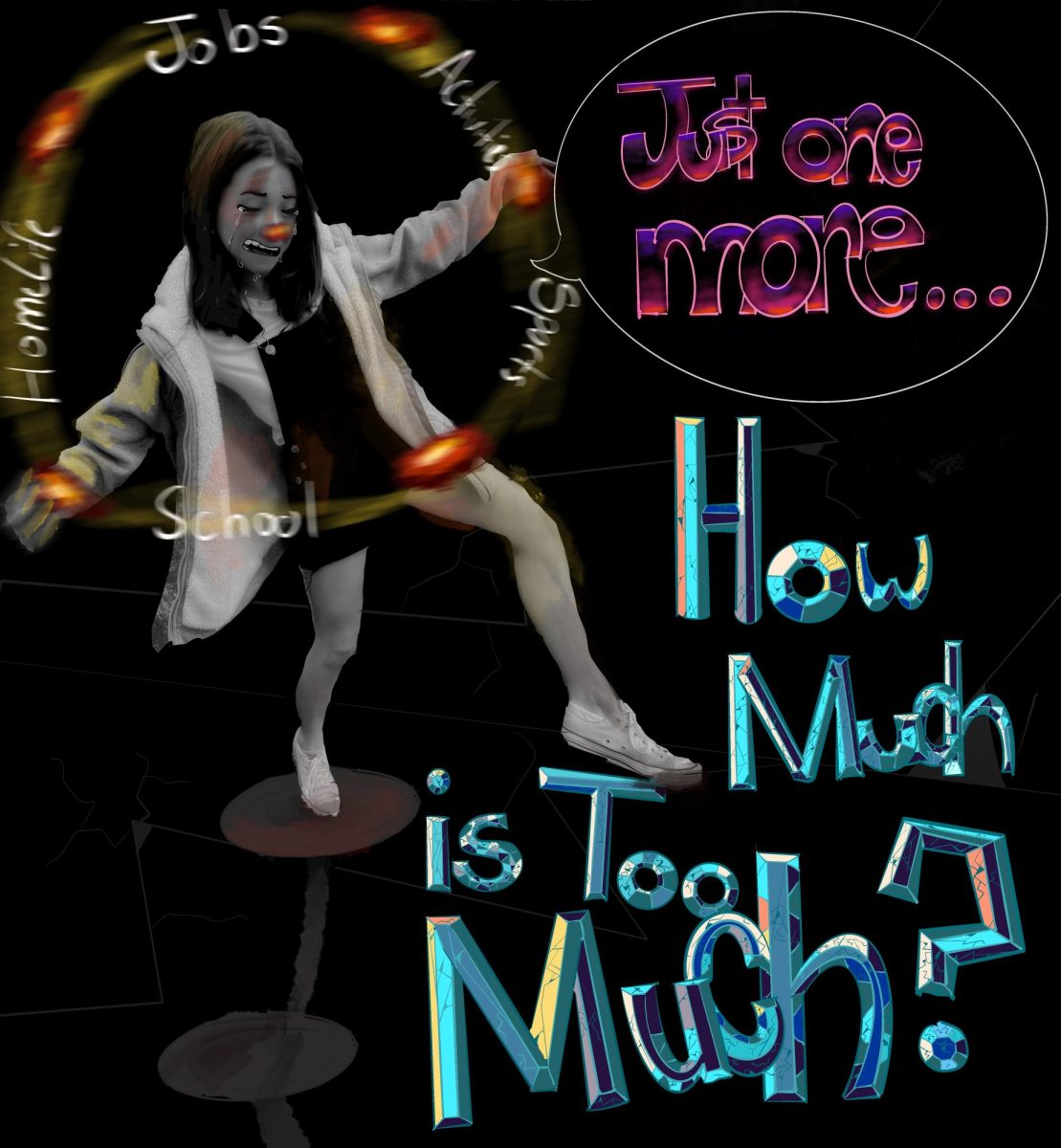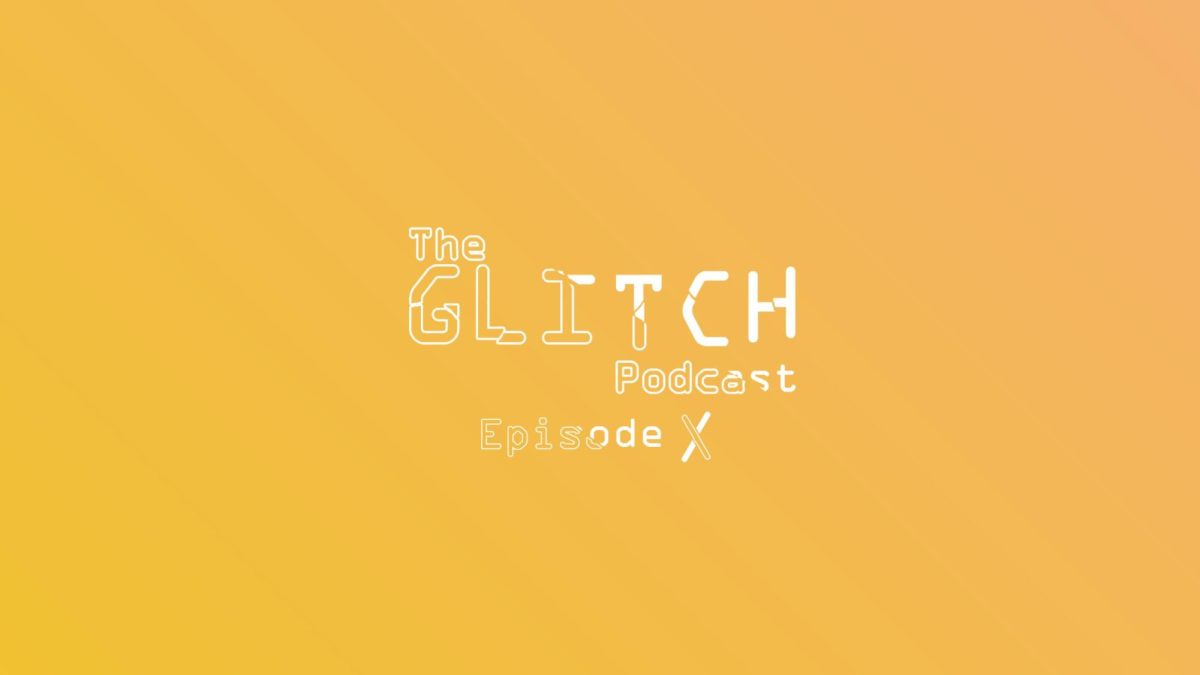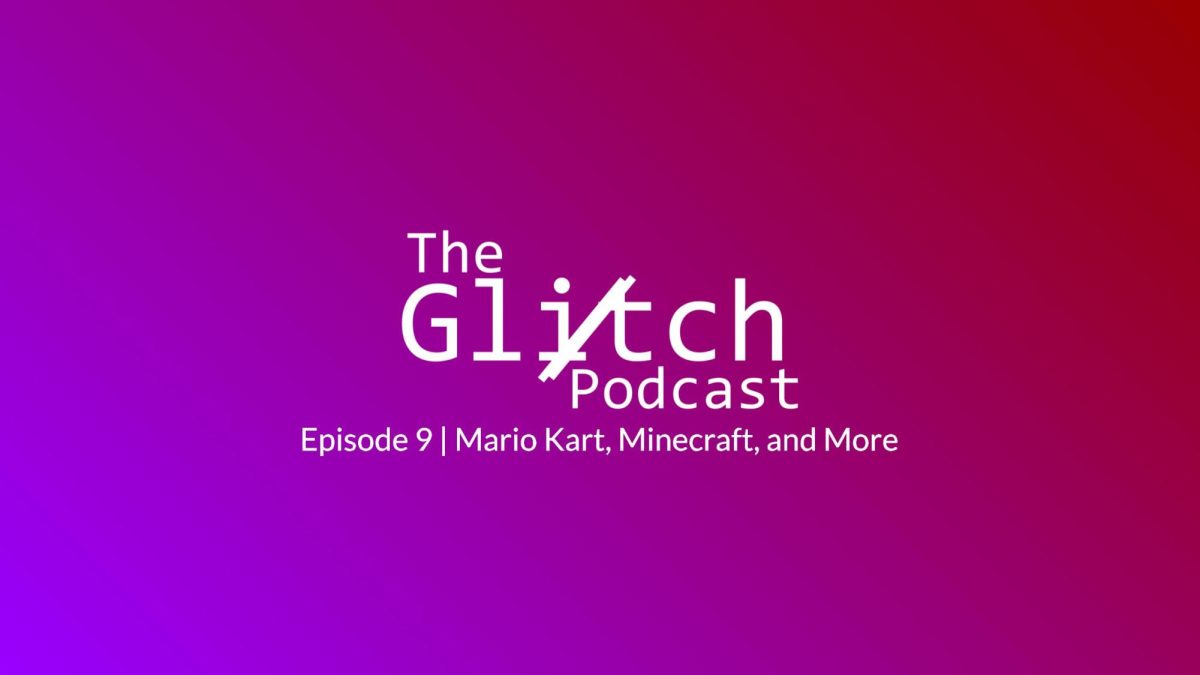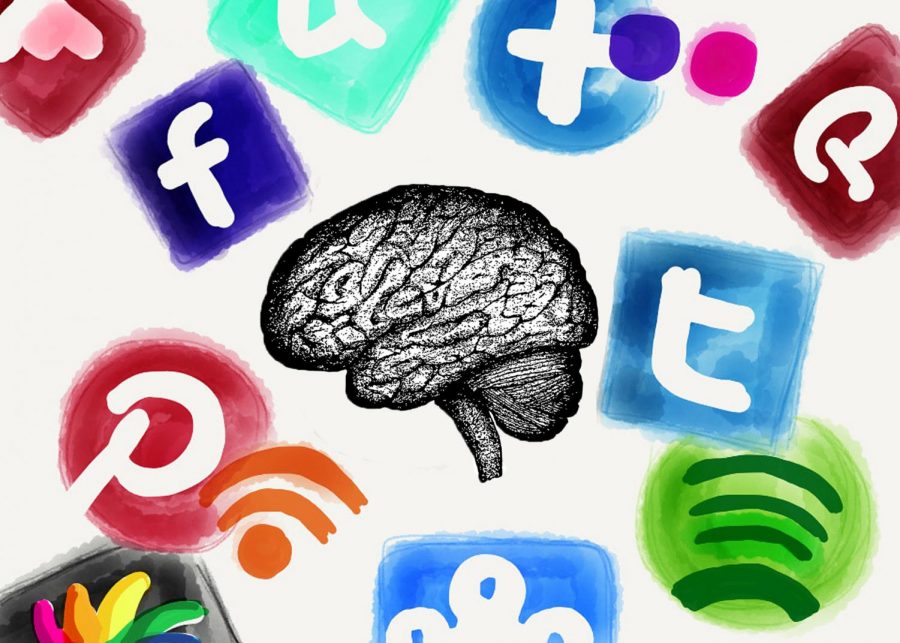How Self-Deprecating Humor has Defined the Mental Health Issues of Gen Z in an Alarming Way
Self-deprecating memes are more than humor…they highlight the mental health epidemic sweeping Gen Z.
media by Kira Zizzo
Social media plays a part in revealing the humor coping mechanisms of Gen Z. (Photos labeled for reuse with modification on Wikipedia and Flickr.) Photo illustration by Kira Zizzo.
August 30, 2019
Your finger glides down the sleek, chilling glass surface of your phone as you peruse the wide world of memes. The screen light reflects the delicate curvature of your eye as you comprehend the meme before you. It has the predictable punchline of hating yourself or being human trash, you chuckle, like it, and scroll to the next one, hungry for more, and unknowingly complicit in feeding the popularity self-deprecating humor.
Self-deprecating memes are a way that media is widely spread with the baseline of putting yourself down. This form of humor has grown increasingly in popularity through the use of social media platforms such as Instagram, Twitter, and Tik Tok. The majority of people who use those social media platforms are Gen Z, meaning they were born in the 1990s to the early 2000s. Around 90% of Gen Z uses Instagram at least once a month, according to Marketing Dive. Due to the rapid, constant usage of these media platforms, it increases the spread of content to a wide web of media consumers, mostly Gen Z.
A large amount of the humor and memes presently created and spread are targeted towards and created by those in Gen Z. The vast majority of this content is self-deprecating, where the punchline is hating yourself of finding a negative aspect of yourself to criticize. This type of humor is a thin veil over the chasm of mental health issues ripping apart Gen Z. 91 percent of people in Gen Z between ages 18 and 21 recall that they have experienced at least one physical or emotional symptom due to stress in the past month, which is higher than any rates recorded in history, according to the American Psychological Association (APA). An alarmingly predominant statistic portrays the stress and mental health issues that people in Gen Z are currently facing. The suicide rates in Gen Z are the highest they have ever been, at 22.7%. The main stressors for Gen Z are mass shootings, school, rising suicide rates, climate change, deportation, and sexual harassment. Additionally, nearly three-quarters in this generation say they could have used more emotional support in the past year, according to the APA. As a coping mechanism, Gen Z turns to a widespread form of media, memes. The topic of mental health issues and self-resentment is relatable for many Gen Z social media users, so they collect a plethora of likes and shares, broadening the audience of those viewing these memes, thus escalating the popularity of this humor. The severity of Gen Z mental health issues is portrayed in the self-hatred of the memes they create and share. The supposed lightheartedness of memes and internet humor is a deadly mask for the deep mental issues burdening Gen Z.

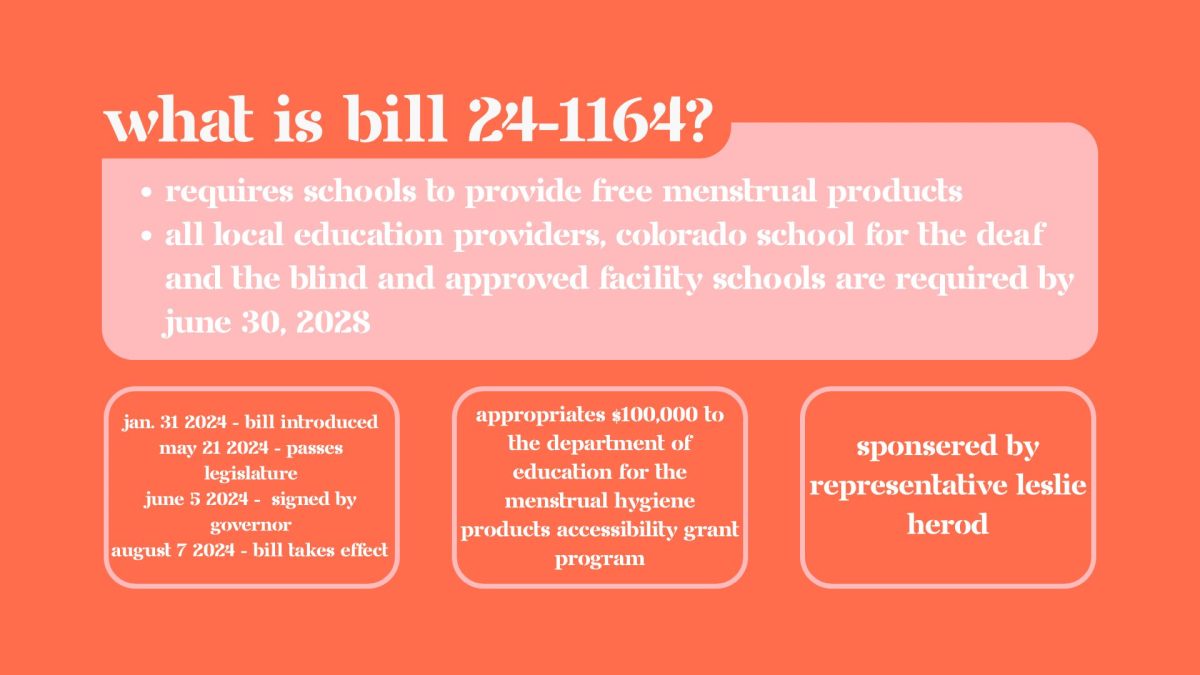

![Minutes before the Activities Fair in the gym, president Abhi Gowda ‘26 prepares the stall for his club Helping Hands, Sept. 4. A relatively new club, Helping Hands was co-started by Gowda and focuses on assisting the homeless, and just last year they succeeded in raising a couple hundred donations to send to shelters. This year, they have goals to expand, with hopes to increase volunteer opportunities and take in-person trips to shelters, as well as extend their help beyond just homeless people. “The Activities Fair gives a lot of underclassmen the opportunity to really get to know the Canyon culture, and it gives them many opportunities for service and volunteering,” Gowda said. “[Through the Activities Fair,] I hope to find a bunch of new and passionate members about our club and just get our name out there and spread awareness to the cause that we’re fighting for.”](https://rockmediaonline.org/wp-content/uploads/2025/09/1-2-1200x885.jpg)



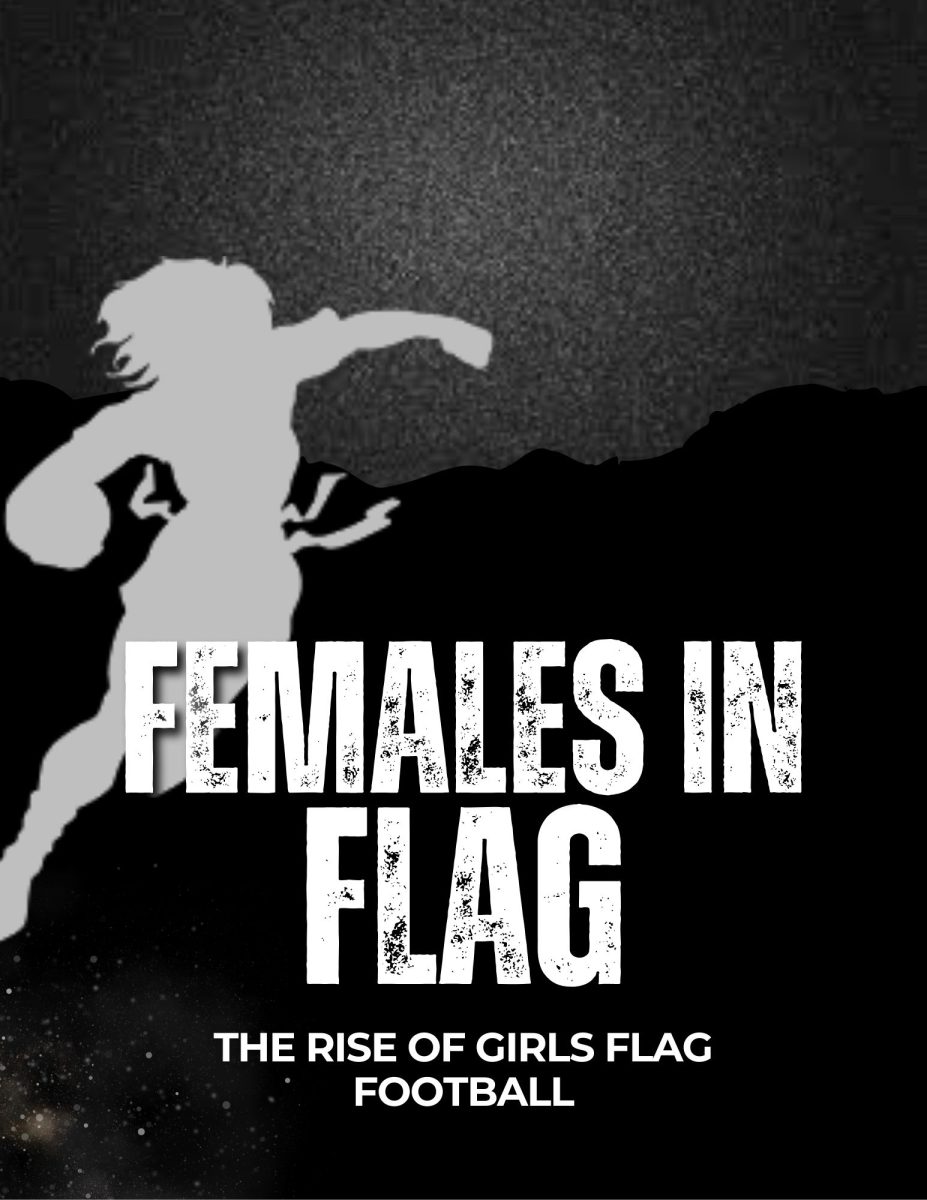



![The winter guard team makes fifth place at the state championship finals in the Denver Coliseum, March 30. The team performed to Barnes Country's “Glitter and Gold,” lead by coaches Margo Sanford, Blair Bickerton and Anna Orgren. In their class there were a total of nine groups participating, and the top five who made it to finals received a plaque. “[Walking onto the stage] is very nerve-wracking, but also very exciting as well. When you first start color guard there's a lot of anxiety and uncertainty when you first perform in front of an audience, but once you've done it for a while, it starts to become the best part of the season,” Ella West ‘25 said. “It's very fulfilling to see an audience react to something you've put your heart and soul into.”](https://rockmediaonline.org/wp-content/uploads/2025/04/Both-socal-media-nd-website-main-1-1200x846.jpg)
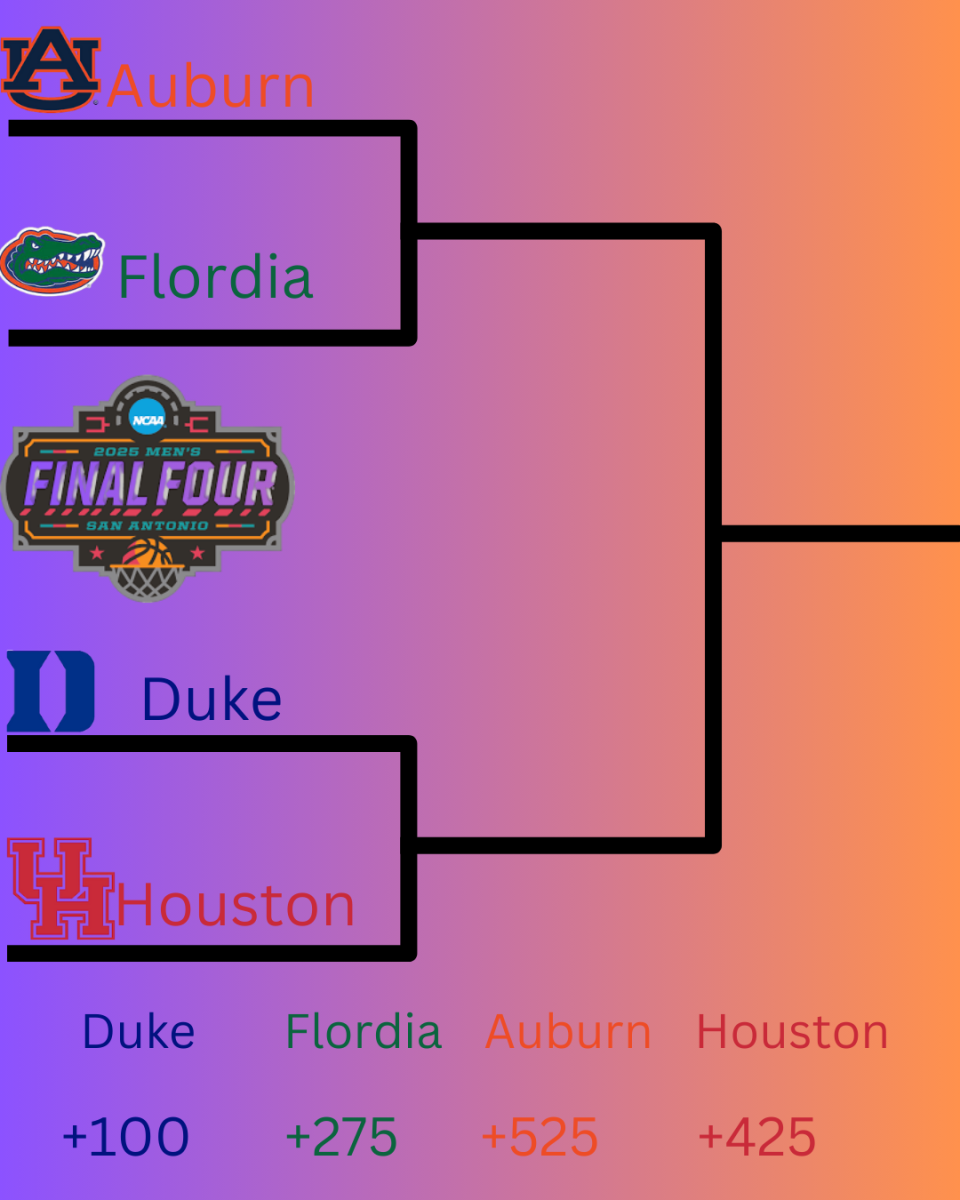

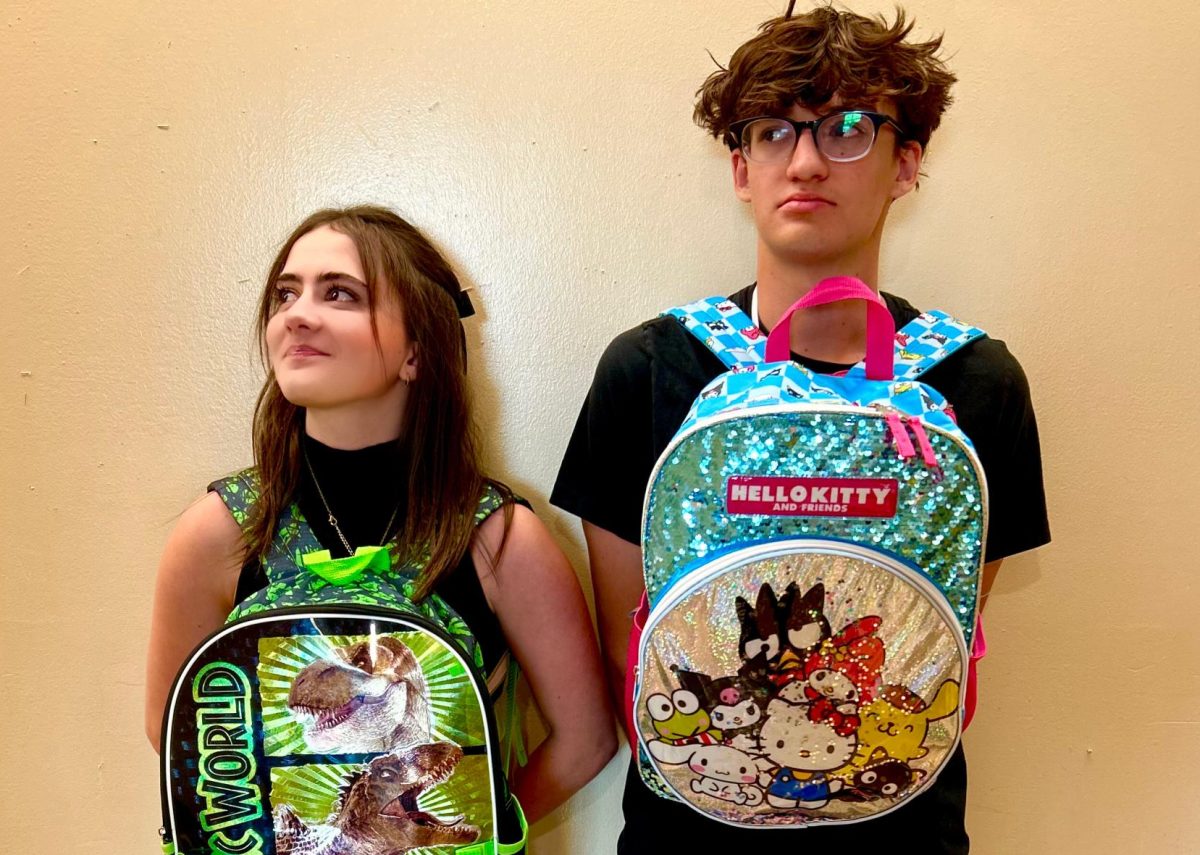
![April marks the 25th anniversary of Sexual Assault Awareness Month, created by the National Sexual Violence Resource Center (NSVRC). This month is to spread awareness of the harassment, assault and abuse that happens around the world. The symbol that represented the month was a teal ribbon; however, some survivors of assault create different symbols and movements like the TikTok trend in 2022, where survivors would tattoo Medusa on their body, in honor of her backstory in Greek Mythology. “I don't think [this month is known] at all. I rarely see anybody talk about it. I rarely see much of an emphasis on posting it online, or much discussion about it, and I feel like there needs to be way more discussion,” an anonymous source said. “I think just validating every experience that a person has gone through, regardless of the degree of it, the severity, is an essential step into making sure that people are aware that this is a very real problem in a society and that we need to do better in addressing it.”](https://rockmediaonline.org/wp-content/uploads/2025/04/IMG_0011-1200x900.jpg)

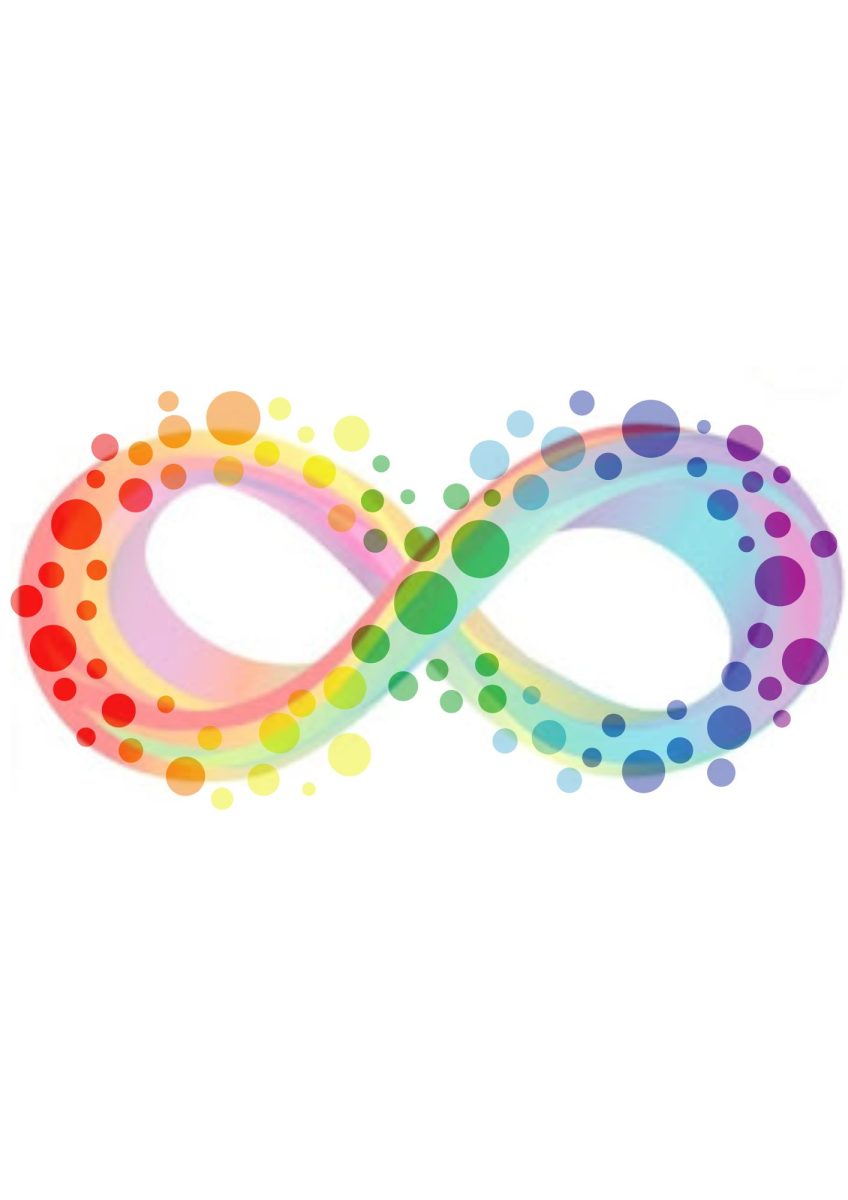

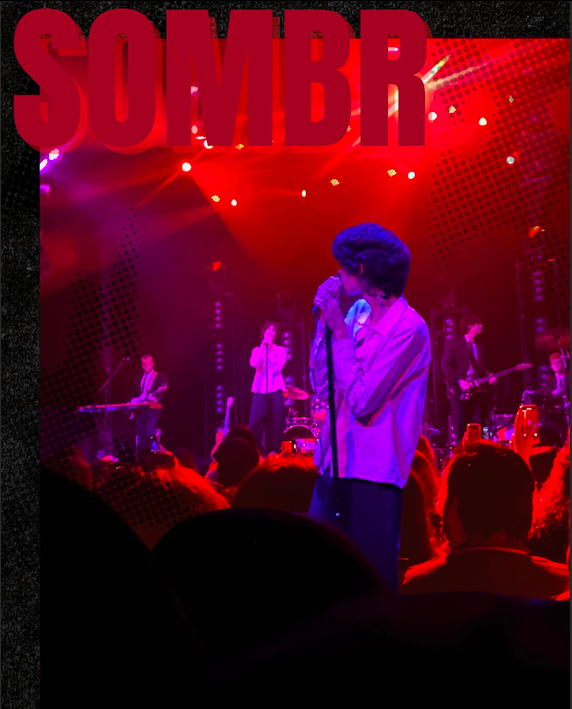

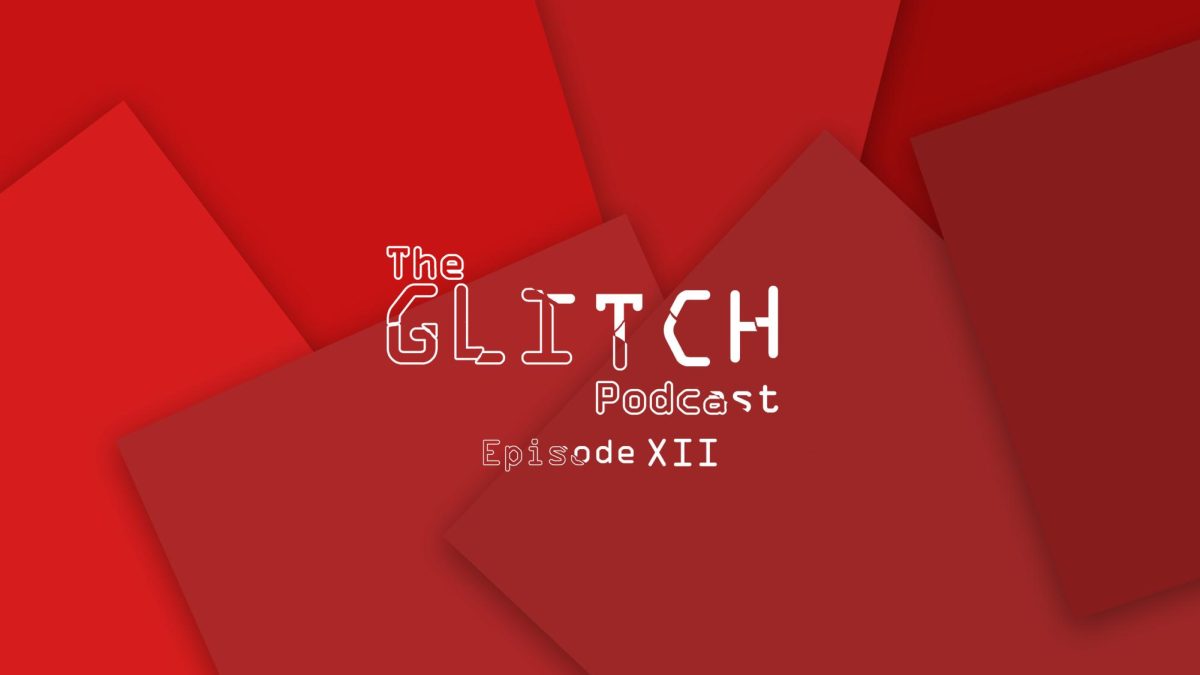
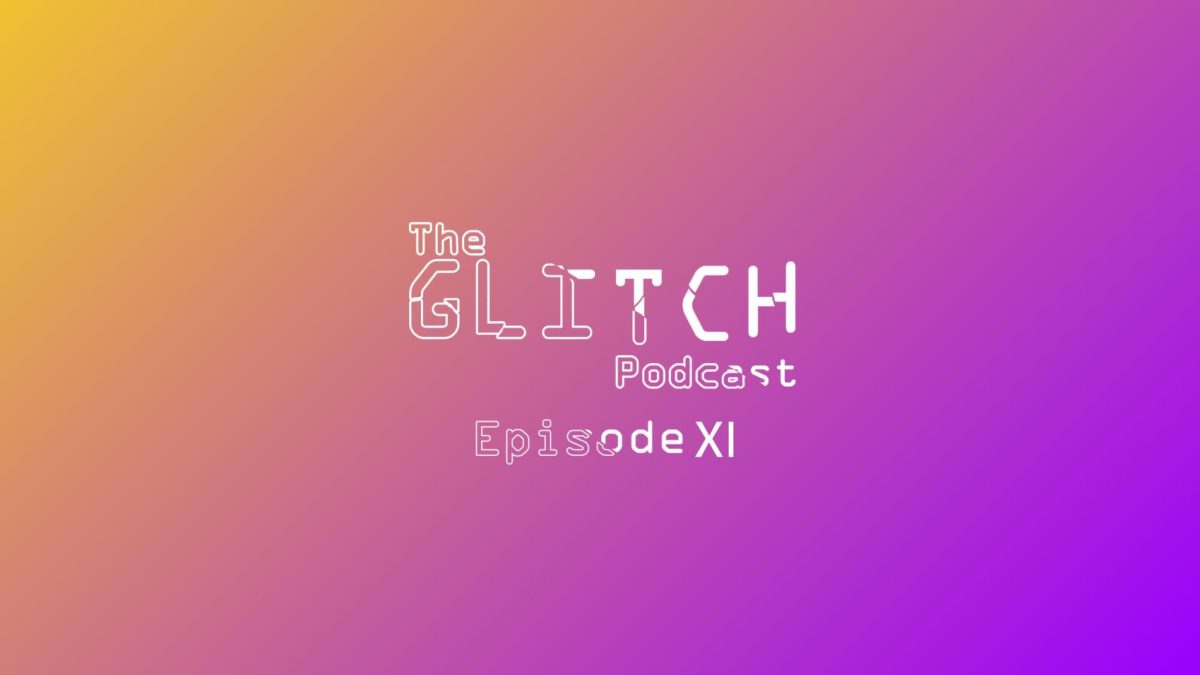



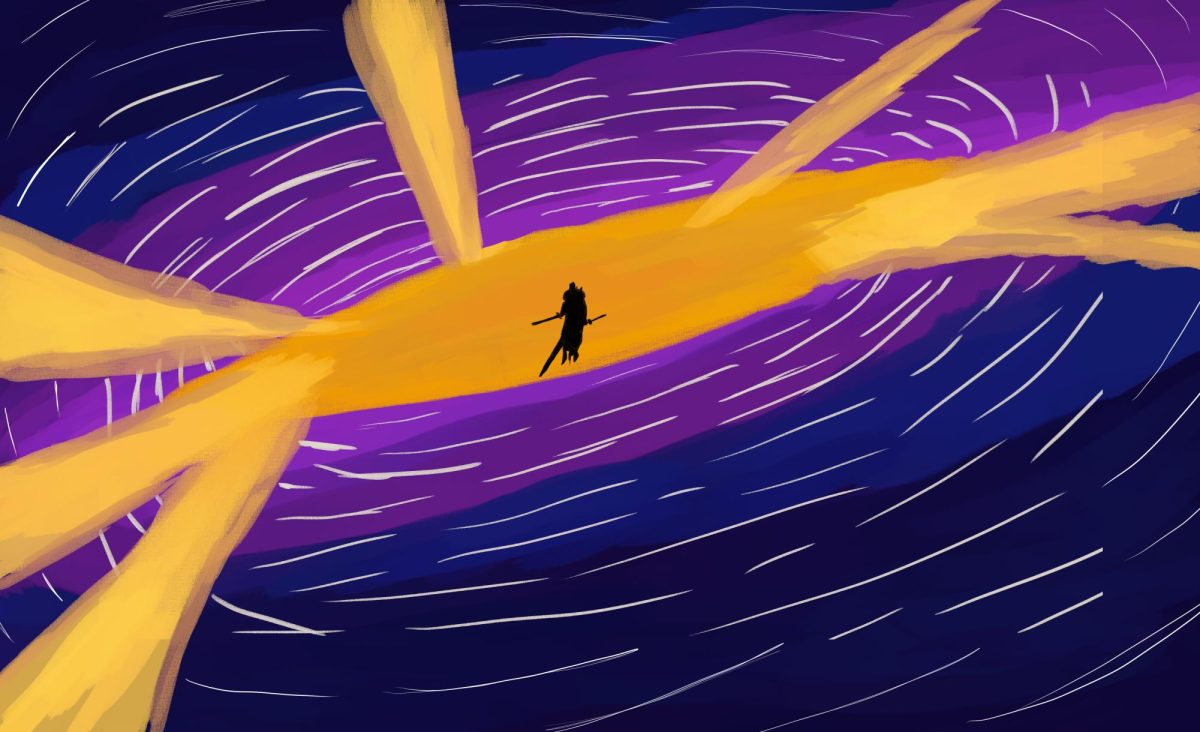

![Lesbian Visibility Day is April 26, and it’s a holiday to celebrate the lesbian community of the world. Lesbian Visibility day was established in 2008 by many queer activists and organizations who sought to raise more awareness for lesbian history and culture. “So this is why during Lesbian Visibility [Day] we celebrate and center all lesbians, both cis and trans, while also showing solidarity with all LGBTQ+ women and nonbinary people,” Linda Reily, in an article written by her, said.](https://rockmediaonline.org/wp-content/uploads/2025/04/Lesbian-Visibility-day.jpeg)
